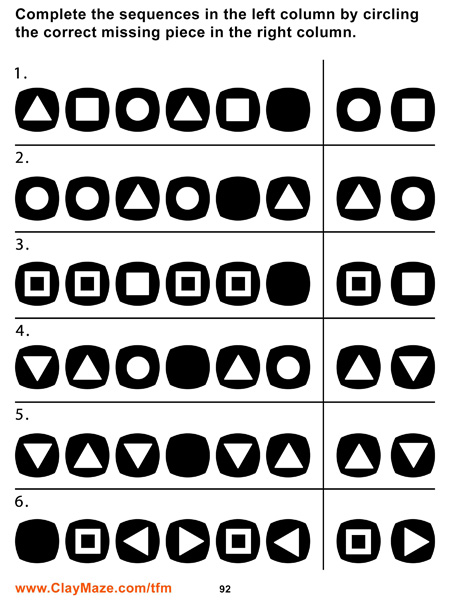Literally every aspect of what children learn today can benefit from a solid background in pattern recognition. While it is obvious that math, language, music and sports are all heavily based on pattern recognition, there are many other day-to-day activities that can also benefit. While you and I take for granted how different one font can be from another, some children quite literally cannot even read some fonts that differ only slightly from the fonts they have grown accustomed to seeing. Practice viewing different patterns of language and fonts can dramatically improve their enjoyment of independent learning.
This worksheet above is one of the free sample selections from our children’s educational book “The Forgotten Milestone“. Children Ages 4-10.
Download Printable PDF
